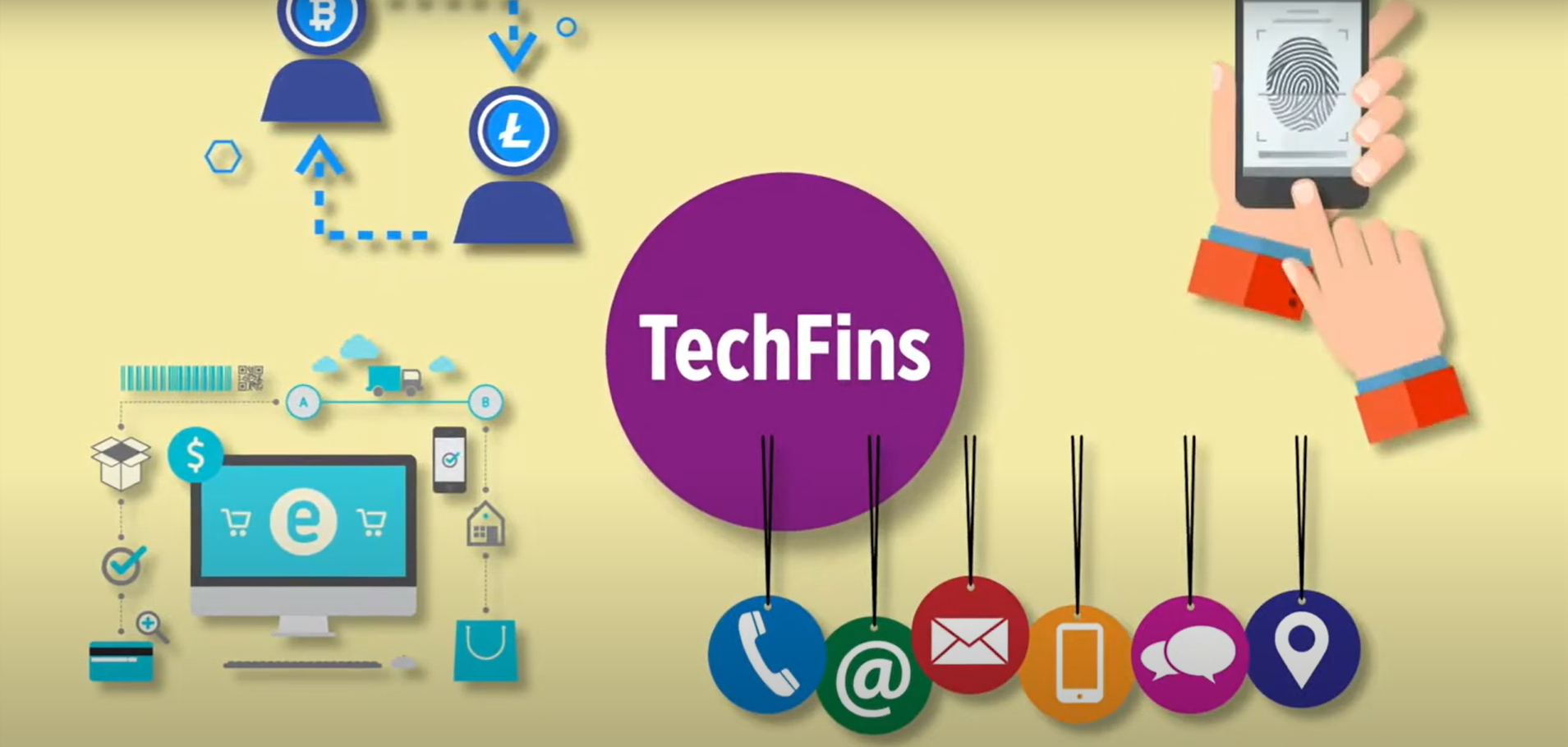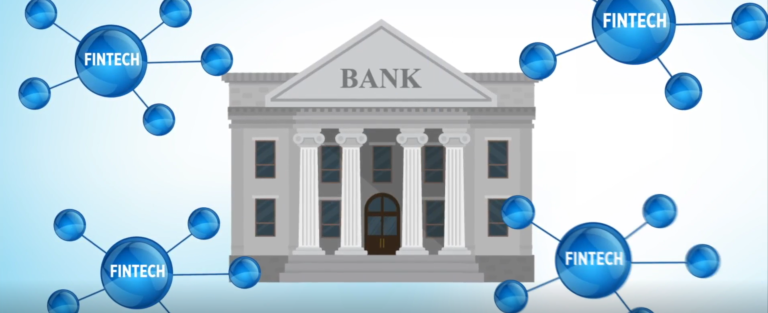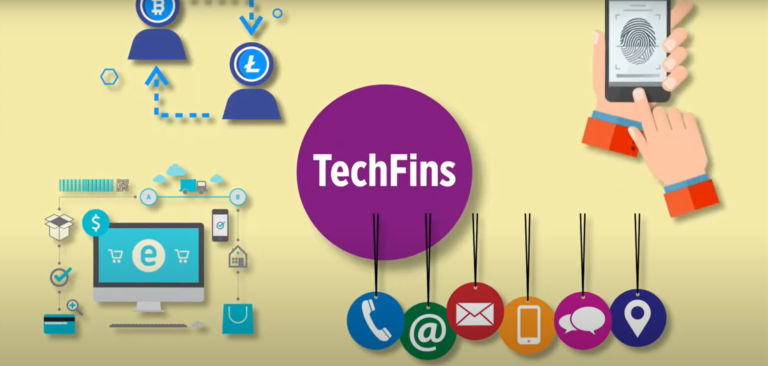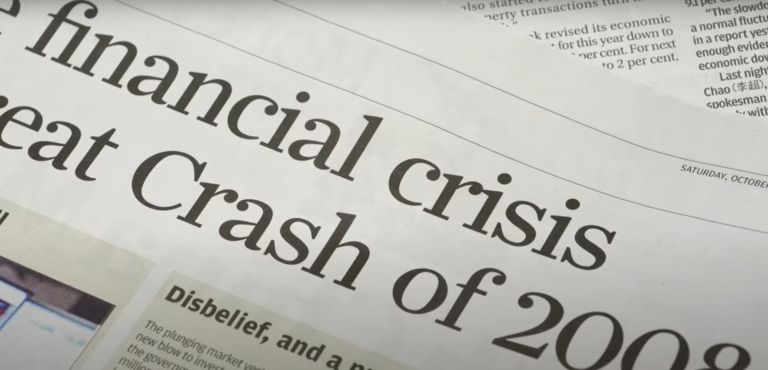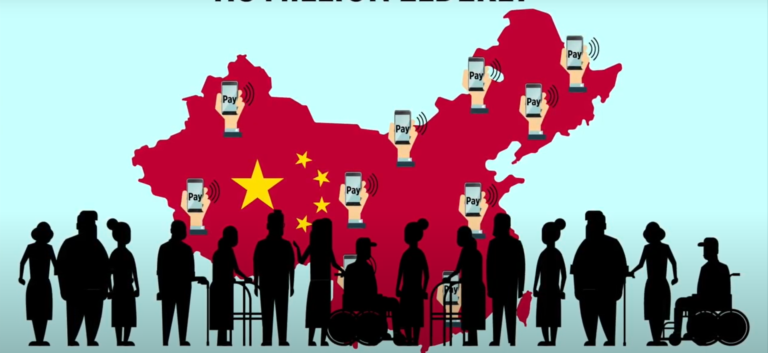Transcript
TechFins are getting gigantic. With scandals about these companies appearing regularly on news headlines, people have started to distrust them. One of the major conversations around this space is where these TechFins should be regulated like a utility.
This is really a timely question and it will continue to be a big question as the collection of power continues to grow among the giant technology companies. Just like money has traditionally been collected by a few financially, data is now being collected by technology companies who try very hard to keep us in their ecosystems.
David Lee has done an exercise in his class. He listed about 15 types of services provided by one technology company, and asked his students to vote for the ones they had used between the time they woke up that day and the time they were in class. It was a 9:30 morning class, and most of the class had used at least 80% of the services.
He then asked them to imagine trying to take themselves out of that ecosystem, i.e. not use any of these products. Most students said they could, but there would be so much transaction friction in doing so.
You may have read blog posts of people reporting themselves staying away from certain technology services for however long a period of time. Yet they almost all went back to them after the experiments. We are not saying that we should not use these services, but the fact that we are growing to rely more on more on them is something we should consider.
So, what does it mean to be regulated like a utility.
When we talk about utilities, that would be services and goods that are so essential to society that the government actually has special regulations about them. For example, the top utilities would be electricity, water, sewage, and sanitation collection. In a lot of places of the world these companies are either fully or partially government-controlled entities, or they are given a legal monopoly.
So when we say “regulated as a utility”, what we’re saying is: has Google become so critical to society that it should be captured as a public good just like electricity?
If this idea sounds bizarre to you, bear with us for a moment. One thing you have to understand is that electricity was a technical innovation, as was transportation, sanitation, water, etc,. At some point the technical innovation of pumping water into your home became a public good, therefore a utility. But it was started by innovators and private companies, just like the giant technology companies today.
So now the question is, is Facebook so important to everyday society that all of us in society have a stake in it? That’s really the question that we’re asking.
If we think about Google or Facebook, or any single product, the argument of regulation as a utility may not be suitable. But we need to think of it collectively. Take Facebook as an example. Facebook as a social media platform has a lot of users, but its influence is way beyond that. There’s the Messenger on Facebook for instant messaging, and the company also owns Instagram and Whatsapp, different messaging and social media platforms that have a far greater reach. Moreover, Facebook also has their own payment system – Facebook Pay, making it one of the largest financial players in the world.
Now, should Facebook be regulated like a utility?
If you feel like nodding your head slightly, hold for a moment and let’s look at another aspect of being regulated as utility. When something is regulated as utility, that probably means breaking up these companies. What it means is these companies are so big, so powerful and the service they provide is so essential to all of society, that the government actually breaks them apart into different companies so there’s more competition in the marketplace, and all of us have better access to that core service.
If we look at the United States, the most recent incident of this was in the telephone industry. In 1982, the Bell System was splitted into separate companies, referred to as ‘Baby Bells’, which were independent regional Bell Companies. And these companies needed to compete with each other. So, in the instance of Facebook, the US government could go in and say Messenger is pulled out of Facebook, Instagram is pulled out of Facebook, and WhatsApp is pulled out of Facebook, and they cannot have any direct contact with each other as financial institutes.
And there’s one last thing about being regulated as a utility. Even if we cannot break the companies up, we can cap their profit or revenue. For example, in Hong Kong where we work and live, the major power producers are capped so they can only make a certain amount of profit every year. It’s not like a typical competitive environment because you can only have so many electrical companies. So instead, they are capped in profit so they can’t charge customers over a certain amount.
So, what do you think? Should these big, national or even multi-national FinTech and TechFin companies be regulated as a utility, or should we allow them to just compete on the open market?

